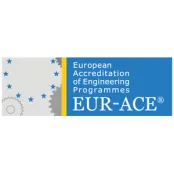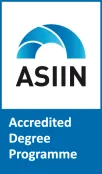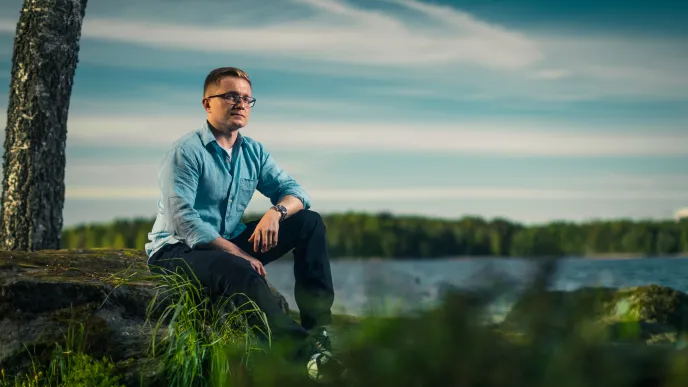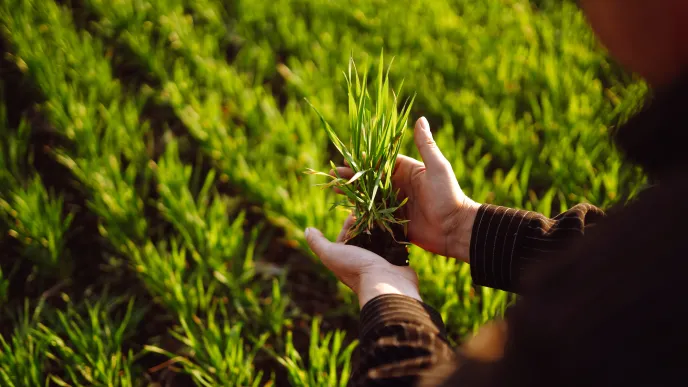
Master's Programme in Biorefineries


The programme is accredited by international EUR-ACE® and ASIIN standards for high quality degree programmes in engineering.
Production has until now been largely based on fossil raw materials, which has, in turn, caused serious environmental challenges. The use of renewable raw materials where it is technically possible and economically feasible is one of the corner technologies for mitigating climate change and saving scarce natural resources.
Biorefineries implement a wide range of technologies and materials, and this programme examines them with an open mind and a wide scope, including the opportunities they offer in terms of new competences, solutions and critical assessments. In this master's programme, you will specialise in biorefining and related industries in the circular economy.
Admissions guide 2025
What will you learn in the programme?
During your studies, you will learn about the production of materials and to design and develop processes based on modern biorefining technologies. As a graduate, you will possess a unique set of skills for designing, planning, assessing, and operating sustainable biorefining processes and products.
Teaching in this master's programme has been planned in cooperation with industry, and it takes advantage of the recent developments and new opportunities in the educational environment.
During your studies, you will acquire:
- knowledge of the modern and future biorefining technology, products and raw materials;
- skills in developing sustainable solutions and technologies and the ability to design practical biorefining applications;
- competence in technologies integrated into biorefineries, e.g. wastewater treatment;
- a professional network through teamwork in assignments, as most of the students are working in the industry.
Degree structure and studies
The Master's Programme in Biorefineries is a two-year blended learning programme. The programme leads to the degree of Master of Science in Technology, M.Sc. (Tech.), which is 120 ECTS credits. The programme includes core, advanced specialisation, and elective studies as well as a master's thesis. Read more in this academic year’s curriculum.
What does blended learning mean in this programme?
The programme is delivered in blended mode, which means that the programme combines on-campus and independent online studies. Most of the obligatory specialisation studies require participation in contact teaching in Lahti in the form of lectures, exercises, or laboratory assignments. The programme is well suited for people already in the working world, aiming for professional development and the upgrading of qualifications. Some of the courses can be completed as distance learning. Students admitted to the programme should prepare to attend classes on campus when needed. Individual course descriptions mention the attendance requirements for the course.
Career prospects
This master's programme is not restricted to the forest industry but applies more generally to industry related to the use of biobased renewable resources.
You will acquire the knowledge and skills to work in different fields of the biobased raw materials and products industries globally, most typically in research, development, or various operations of sites.
Interesting career prospects are found also with process equipment manufacturers.
In addition, you will obtain a firm basis for continuing your studies in doctoral programmes.



